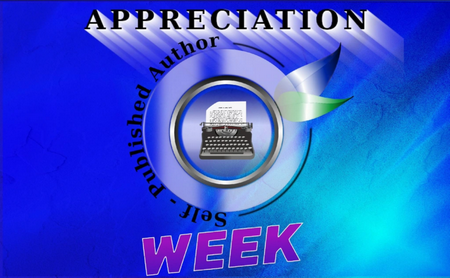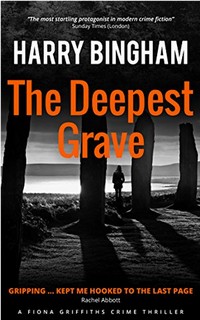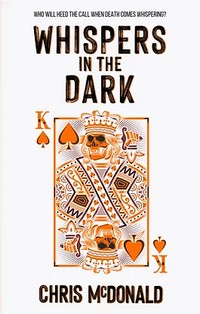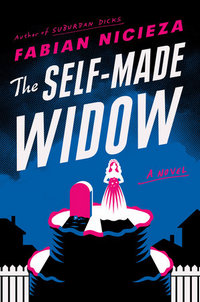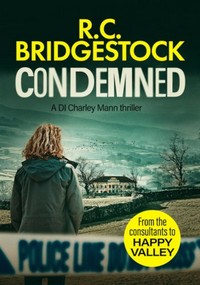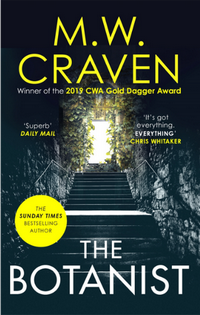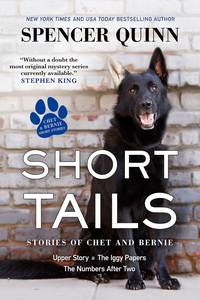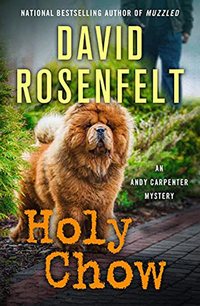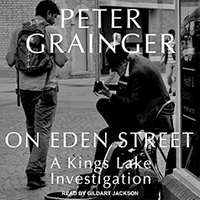 On Eden Street
On Eden Street
by Peter Grainger, Gildart Jackson (Narrator)
DETAILS: Series: A Kings Lake Investigation, #2 Publisher: Tantor Audio Publication Date: April 28, 2020 Format: Unabridged Audiobook Length:10 hrs., 5 min. Read Date: July 25-27, 2022

What’s On Eden Street About?
Sure, in Songbird we got a glimmer of what to expect from DCI Cara Freeman’s Murder Squad, but this book opens on the first day with the entire team in their office. They expect to get to know each other, spend some time chatting, hear something from Freeman and their new DI about how things are going to go for them—but that doesn’t happen. Before they can much further than hearing everyone’s name, they’re called to investigate a murder. A homeless man’s body has been discovered blocking the entrance to a restaurant downtown.
Instead of through awkward conversations, this squad gets to know each other by seeing them at work—canvassing for witnesses, looking for security cameras, dealing with the officers on-scene, and so on.
They will eventually uncover a connection to a previous case the King’s Lake Central detectives worked on—and encounter a witness that DS Chris Waters encountered in yet another case.
But mostly what they’ll learn is that nothing in this case—nothing—is what it seems. From a blind woman having to “rescue” the detectives from a dog guarding the body, to the identity of the victim, to how easily things can go astray when a helpful and efficient office worker does their job just a little too well…this new squad is going to get off to a very bumpy start.
The Murder Squad
Oh…I really like this new group. There are a bunch of new characters brought in here and we don’t get to spend enough time with them. But I appreciated what time we got with them—I think going forward this is going to be a group of characters I really enjoy—more than the King’s Lake detective squad and the petty rivalries (although those rivalries aren’t gone as is clear in the beginning of this book).
We get to know DCI Cara Freeman better as we spend more time with her—and as Chris gets to work with/evaluate her more. I’m seriously enjoying her.
There’s one new character (name withheld to prevent spoilers/lack thereof) in particular that we get less of than the rest. I think it was purposeful, and I can’t wait to see why that character is on board and what Grainger is going to eventually do with her. I trust that all will be revealed, and I’m super curious.
But the best new addition is the new Detective Inspector. Over the last handful of years, I’ve met a lot of fictional DIs, and I don’t think I’ve met one like DI Green. We don’t get to know him incredibly well or anything, we don’t know what makes him tick yet. But the ticking is a lot of fun to watch.
This is primarily Chris Waters’ series now, however, and we spend the most time with him—and I couldn’t be happier with that. It’s great to watch him develop as a detective and as a person. It’s similar to the evolution of Eve Ronin—this isn’t about the investigations of a seasoned pro, it’s about watching a promising young detective fulfill that promise.
Shadow of D.C.
I’m not sure at this stage of the series who’s having a harder time letting go of DC Smith—the detectives of King’s Lake, the readers, or Grainger.
I liked the way that DC himself appeared in this novel—it felt very natural. And, of course, Chris is going to think about his mentor a lot, as are old colleagues. But it just felt like we got too much about him overall. Too many callbacks, references to other cases, etc. But if you ran down a list of each reference/appearance of Smith in this book, and asked if they should be cut individually, I’d say no to each one—they fit, helped moved things along, served the character and moment…but the cumulative weight of them was too much.
Does that make sense? Any Grainger fans out there have some input for me?
Gildart Jackson’s Work
I don’t have anything new to say about Jackson at this point. I thoroughly enjoy his work, I can’t imagine listening to one of this series with anyone else, nor do I think I’d enjoy reading one on my own half as much.
So, what did I think about On Eden Street?
Grainger had a healthy agenda going into this: introduce and begin to establish several new characters, help the existing characters settle into new roles, help us get a better handle on Freeman (who is both new and established at this point), touch base with DC, start a new personal arc for Chris, and, in between all that, tell a good story about a murder investigation. And he succeeds so well on all fronts.
Long-time readers/listeners of this series are used to the way that Grainger will give a resolution/solution to the investigation that will fly against expectations—both of the detectives at the beginning of the book and most of what Police Procedural fans expect to see. It’s largely a given for this series. But to start with a dead homeless veteran as this opens and to end where we do? Nope. No way did anyone see >98% of this coming.
But by the time the book closes, there is simply no other way for things to have gone. Grainger’s at the top of his game here, and it’s to be celebrated. My friends and/or readers—please take my advice and start reading these books, you don’t know what you’re missing.

This post contains an affiliate link. If you purchase from it, I will get a small commission at no additional cost to you. As always, opinions are my own.
![]()


